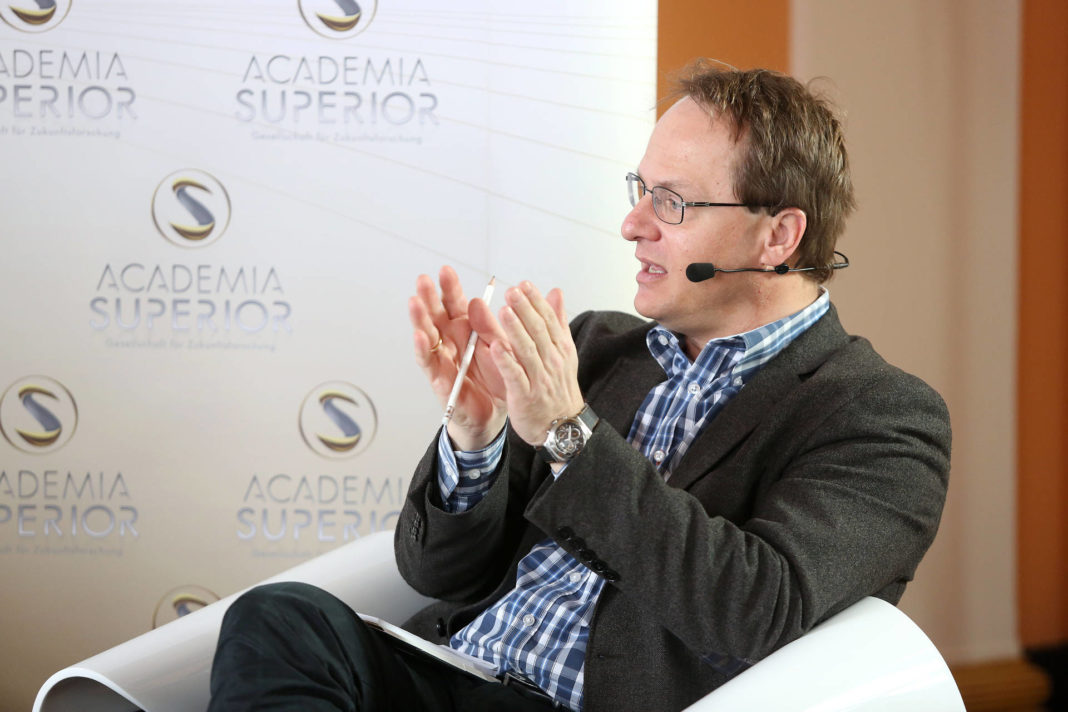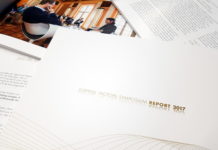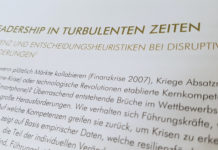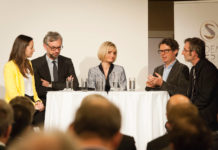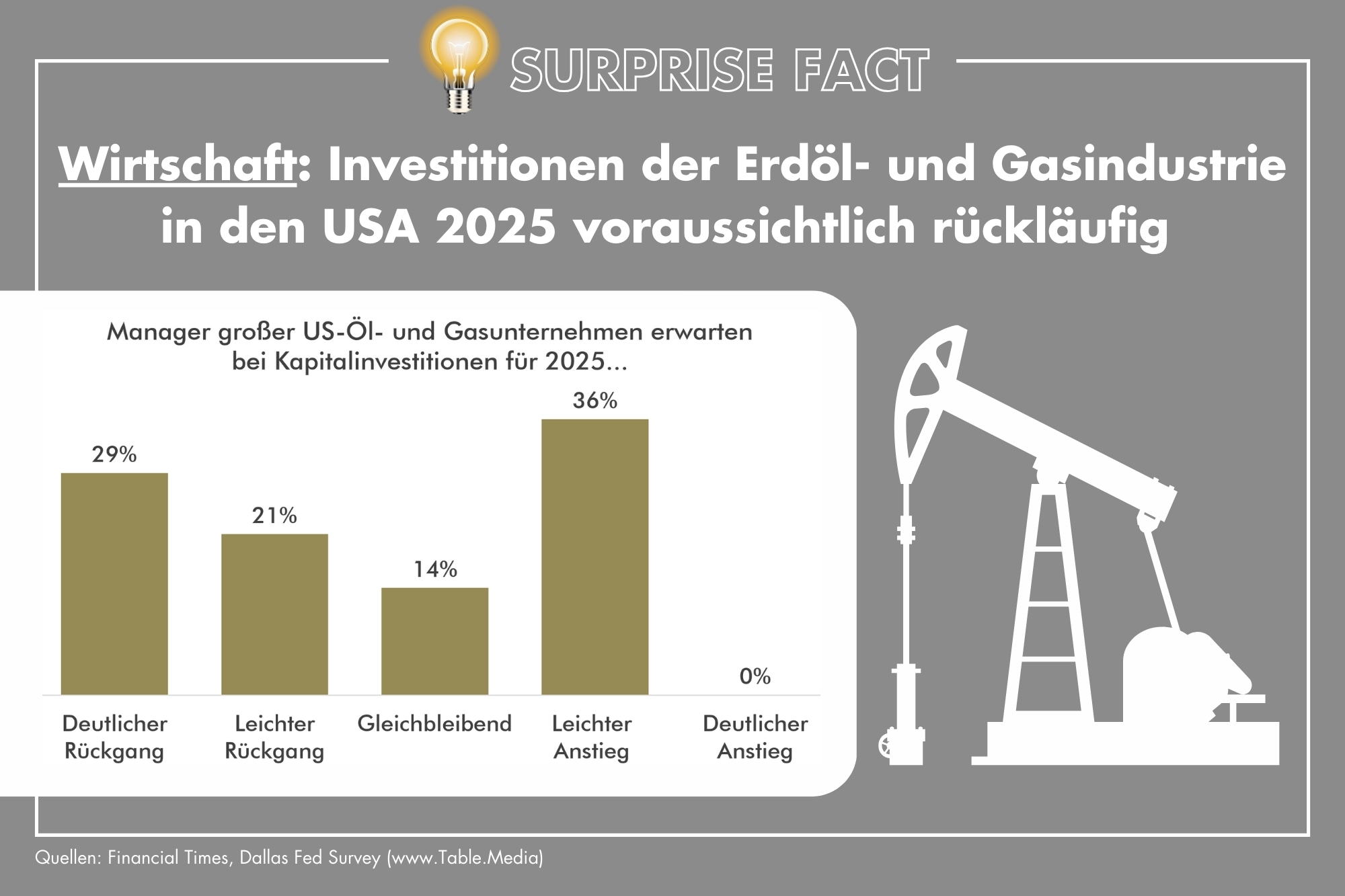The SURPRISE FACTORS SYMPOSIUM in march 2014 marked the beginning of the fourth year in the history of ACADEMIA SUPERIOR. Once again, international experts, members of our Academic Advisory Board and students exchanged their ideas on topical questions. Finding answers to these questions may be of vital importance if we want to build a better future for Upper Austria and beyond. This year’s theme, „Beyond borders — the strength to emerge from crises,“ fits within this context.
Crises and unexpected events, such as the current economic crisis which has lasted since 2008, have often presented formidable challenges to individuals as well as to societies.
ACADEMIA SUPERIOR’s conclusion from the analysis of such events can be summarised as follows: Failures can eventually become the basis for success if they are capably analysed and if the right lessons are drawn from them. But in order to achieve this goal we must overcome boundaries and leave our own comfort zone.
Benefits of overcoming boundaries
Individuals, nation states, businesses and organisations have one thing in common: They hardly ever leave their own comfort zones. However, those who are ready to overcome the barriers in their minds have the opportunity of broadening their horizon. Only those who leave their comfort zones in search of new discoveries and new insights will learn to assess risks and to make the right decisions. Moreover, those who take risks and aspire to succeed will experience personal growth and develop leadership qualities. Upper Austria is still in need of visionaries with clearly defined goals who are ready to shoulder responsibility and make the necessary decisions.
I think it is up to ACADEMIA SUPERIOR to compile, sift and process information relating to future developments in Upper Austria. This is our only chance of fulfilling our mission of providing decision-makers in politics and economy with blueprints for the future. Thus we can give decision-makers in Upper Austria the support they need to be effective leaders in the years to come. This means, however, that we must not shrink from making unpopular recommendations if need be.
Resilience helps to cope with crises
Natural disasters and their various after-effects have taught us that extreme events (so-called X‑events) often come upon individuals and states unexpectedly at a moment’s notice. With regard to Upper Austria we may conclude that our province should make an effort to prepare for future X‑events and to make them predictable as far as that is possible. From discussions with experts and our analysis of the facts we come to the conclusion that resilience is the best safeguard against potential disasters. Moreover, there is truth in the phrase „Small is beautiful.“ Small units are much less vulnerable than big and complex systems. Upper Austria, which is relatively small, must strive to strengthen its self-reliance in the fields of culture, economy, and politics. On the other hand, the province must not isolate itself. A careful and circumspect extension of its networks towards other (international) locations is essential.
Education as a competitive advantage
However, there is a connexion between networking and competition. We must not lose sight of the fact that Upper Austria is engaged in a competition between European regions. It is a prerequisite for future success in the fields of economy, science and research that we invest in young people„s education.
To invest in the future — and also in education — is crucial for the resilience of a country. Especially in the field of education our country must not be left behind. Not only in times of crisis, but also in periods of preparation for pivotal moments in the future, we need perceptive individuals who can read the signs and have the expertise to draw the right conclusions.
Fiction can help us to understand the future
Not only in politics, but also in the field of research it is necessary to question old modes of thought and to explore new territory. Especially with regard to extreme events and future threats we must consider unconventional approaches.
We can even gain useful insights from disaster fiction, from books, films and TV series set in an apocalyptic or postapocalyptic world. If we want to check the plausibility of scenarios for the future, disaster fiction can furnish useful ideas. Here again, ACADEMIA SUPERIOR needs to be more perceptive, to identify possible scenarios for Upper Austria and to prepare for future challenges.
Personal details:
Markus Hengstschläger is the Head of the Advisory Board of ACADEMIA SUPERIOR. Head of the Institute for Medical Genetics at the Medical University of Vienna and Head of the Genetics Department at the Wunschbaby Center, Vienna. He is a Member of the Austrian Committee for Research and Technology, Vice President of the bioethics commission and Member of the University board of trustees at Johannes Kepler University Linz.
Books by Markus Hengstschläger:
- Die Durchschnittsfalle: Gene — Talente — Chancen, Ecowin 2011.
- Endlich Unendlich, Ecowin 2008.
- Die Macht der Gene, Ecowin 2006.


